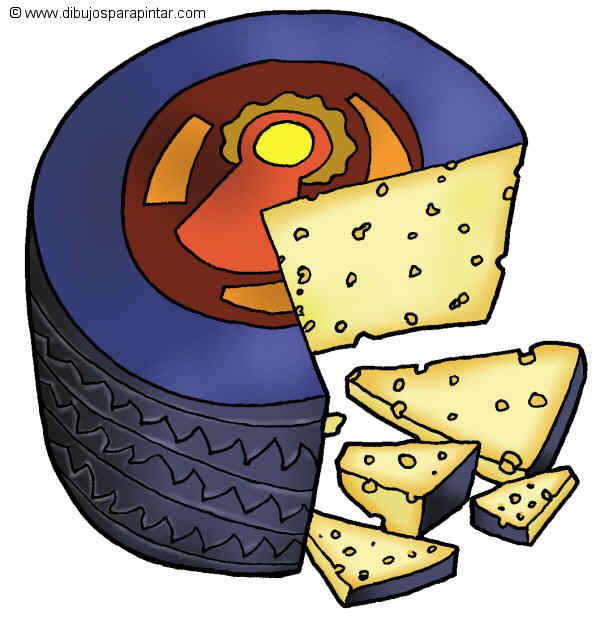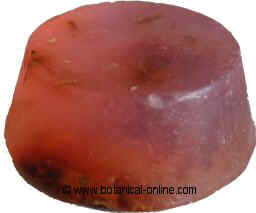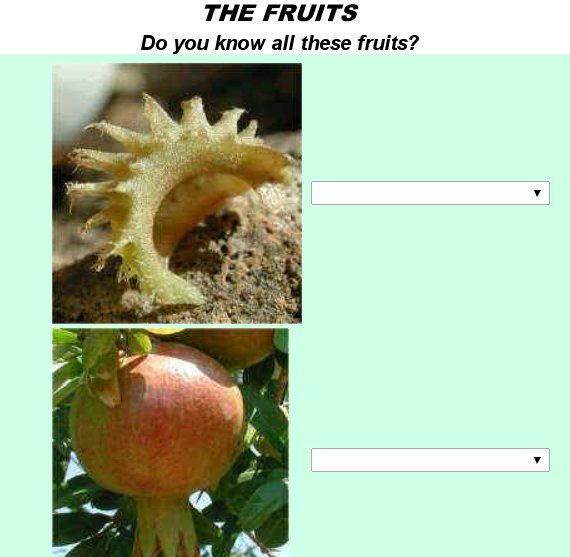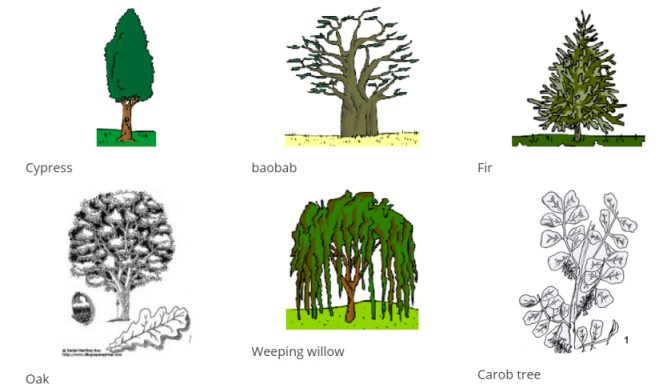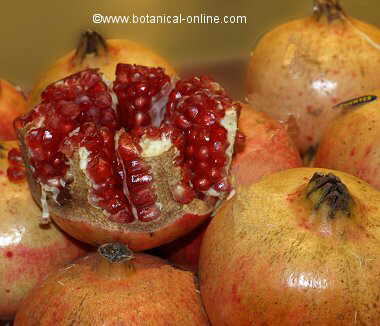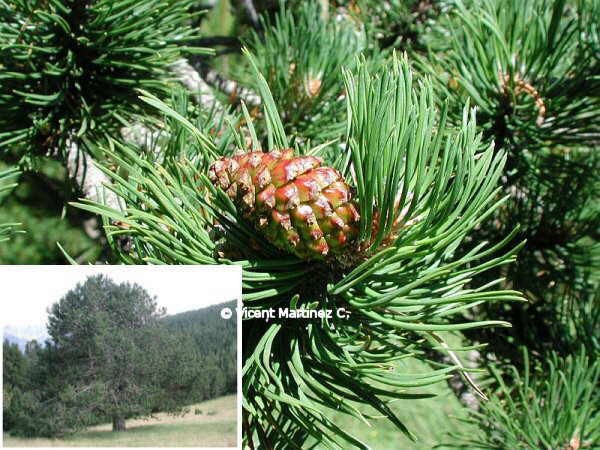Contents
Dietary advice for colon cancer post-surgery
Consequences and nutritional alterations post-surgery
Obviously the severity of the involvement is always directly proportional to the amount of tissue removed and its location.
Nutrient Absorption
When the bolus reaches the colon, the absorption of nutrients decreases considerably, so a resection of this, does not suppose a great loss in the level of nutrient absorption.
On the contrary, it supposes a very important loss in level of electrolytes and water, seriously affecting the hydroelectric balance of our body.
This is because the small intestine absorbs most of the water ingested. The same applies to chloride, sodium and potassium electrolytes.
Absorption of water and electrolytes
The colon is responsible for absorbing about 90% of water, and electrolytes such as chloride, sodium and potassium, which the small intestine has not been able to absorb previously.
Thus, if he has been removed (totally or partially), it will not be able to perform this function, or it will be reduced and will most likely have significant diarrhea, among other symptoms:
- Symptoms of dehydration due to nonabsorption of water: thirst, dryness of the mouth and skin, decreased diuresis and darker urine staining, abdominal pains, headaches, decreased body temperature, etc. (Dehydration remedies)
- Symptoms of chlorine deficiency due to nonabsorption, long periods of vomiting or diarrhea: decreased secretion of gastric juices (hydrochloric acid), which will lead to poor digestion of proteins and fats, possible abdominal discomfort, tiredness, weakness, fatigue, etc.
- Symptoms of hypokalemia due to nonabsorption of potassium: tiredness, weakness, fatigue, abdominal pain, flatulence, respiratory difficulties, numbness of the extremities, cardiac arrest, etc. (List of foods rich in potassium.)
- Symptoms of hyponatremia, due to nonabsorption of sodium: tiredness, fatigue and sleepiness, decreased appetite, weakness, fainting, headaches, abdominal pain, cramps, cold extremities, etc. (List of foods high in sodium.)
Fibers and their fermentation
Some substances are not digested by the small intestine, such as some carbohydrates that resist the action of enzymes in the small intestine and pancreas.
Fibers reach the colon as oligosaccharides and polymers, where they will be fermented by the bacterial flora that resides in it. It will form a series of short chain fatty acids, gases and alcohols. Part of them will be reabsorbed and, finally, the feces will be formed.
Obviously, total or partial excision of the colon will also affect this fermentation and subsequent absorption, especially in resections of the cecum, ileostomy and total colectomy.
For this reason, food and intake of liquids must be based on the reduced capacity of nutrients absorption, so that patients to be able to absorb as much nutrients as possible, both solids, liquids and gaseous.
You can also read:
– Recommendations for colectomies.
– Recommendations for ostomies
* Related information:
– Colon cancer diet in case or surgery
– Colon cancer vegetarian menu
![]() More information on colon cancer.
More information on colon cancer.

